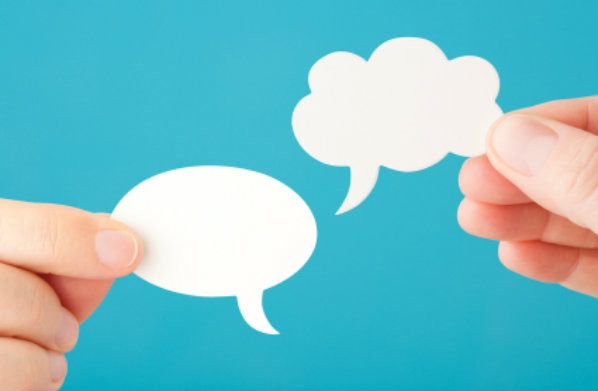In a terrific contribution to a Commentary symposium on threats to free speech, Christina Hoff Sommers argues that one of the biggest threats comes from intersectionality. But what is intersectionality?
We hear the word everywhere, but most of us would be hard pressed to define it. Hoff Sommers explains what it is:
Intersectionality is the source of the new preoccupation with microaggressions, cultural appropriation, and privilege-checking. It’s the reason more than 200 colleges and universities have set up Bias Response Teams. Students who overhear potentially “otherizing” comments or jokes are encouraged to make anonymous reports to their campus BRTs. A growing number of professors and administrators have built their careers around intersectionality. What is it exactly?
Intersectionality is a neo-Marxist doctrine that views racism, sexism, ableism, heterosexism, and all forms of “oppression” as interconnected and mutually reinforcing. Together these “isms” form a complex arrangement of advantages and burdens. A white woman is disadvantaged by her gender but advantaged by her race. A Latino is burdened by his ethnicity but privileged by his gender. According to intersectionality, American society is a “matrix of domination,” with affluent white males in control. Not only do they enjoy most of the advantages, they also determine what counts as “truth” and “knowledge.”
But marginalized identities are not without resources. According to one of intersectionality’s leading theorists, Patricia Collins (former president of the American Sociology Association), disadvantaged groups have access to deeper, more liberating truths. To find their voice, and to enlighten others to the true nature of reality, they require a safe space—free of microaggressive put-downs and imperious cultural appropriations. Here they may speak openly about their “lived experience.” Lived experience, according to intersectional theory, is a better guide to the truth than self-serving Western and masculine styles of thinking. So don’t try to refute intersectionality with logic or evidence: That only proves that you are part of the problem it seeks to overcome.
How is intersectionality related to free speech?
Silencing speech and forbidding debate is not an unfortunate by-product of intersectionality—it is a primary goal. How else do you dismantle a lethal system of oppression? As the protesting students at Claremont McKenna explained in their letter: “Free speech . . . has given those who seek to perpetuate systems of domination a platform to project their bigotry.” To the student activists, thinkers like Heather MacDonald and Charles Murray are agents of the dominant narrative, and their speech is “a form of violence.”
It is hard to know how our institutions of higher learning will find their way back to academic freedom, open inquiry, and mutual understanding. But as long as intersectional theory goes unchallenged, campus fanaticism will intensify.
Christina is always ahead of the curve and so this makes a lot of sense–though I don't envy anyone who has to engage intellectually with such a mismash as intrsectionality.


